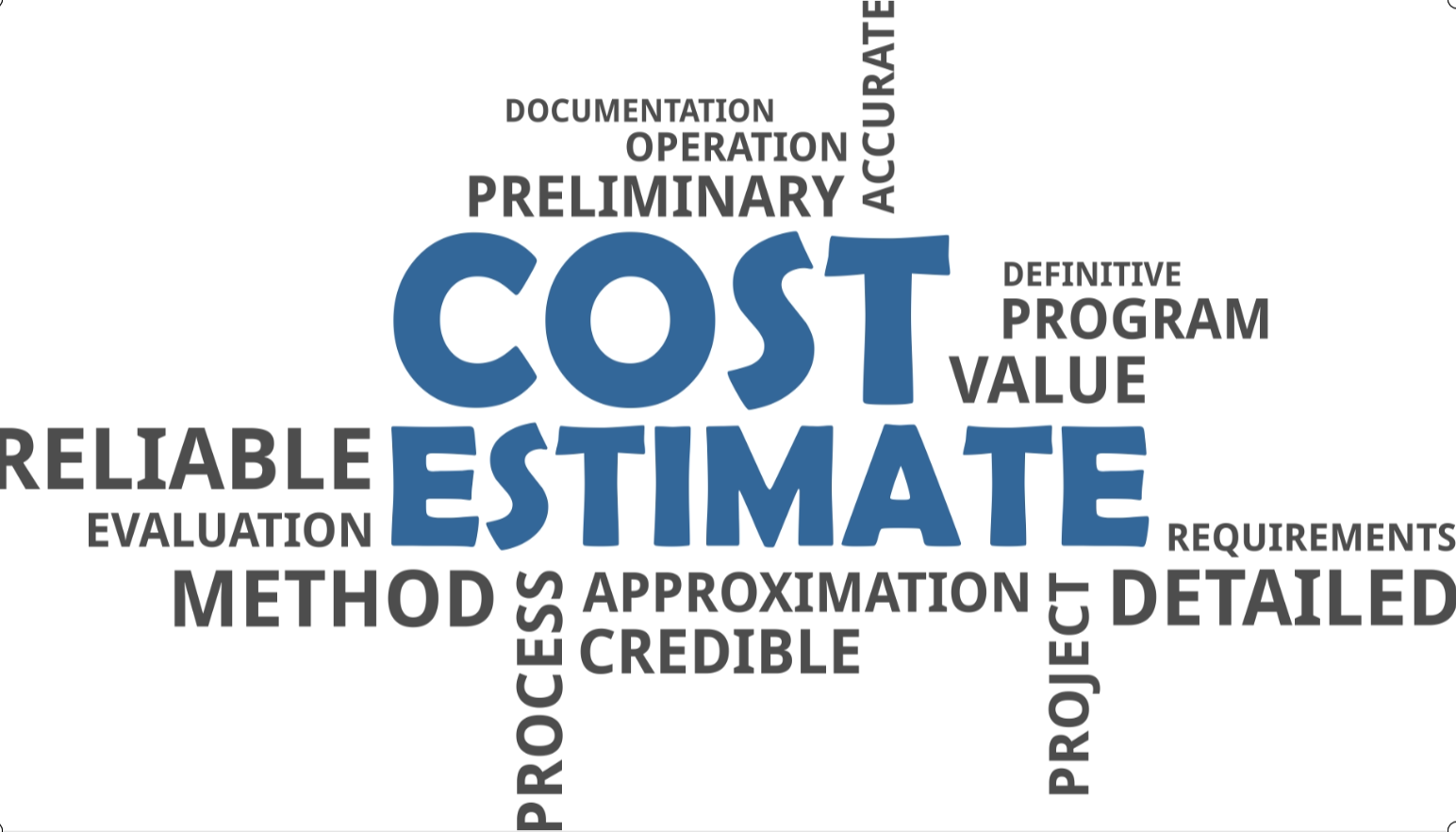
by John McCarthy Consulting Ltd. | May 11, 2024 | News
Announcing Our Product Updates
The advent of the new Solicitors Accounts Regulations (effective for accounting periods commencing 1 July 2023 i.e. accounting periods ended 30 June 2024) and the significant 2024 revisions accounting standards FRS 102 and FRS 105 have prompted us to give a facelift to most of the templates on the www.jmcc.ie/store. We are adding new products/webinars all the time.
Easily downloadable in Word format, there are over 100 complete templates available at €60 plus VAT each. There is a 20% discount for orders of five or more (including webinars) when purchased in a single order. Depending on your requirements, we can also tailor other types of template letter to order. Please send us an e-mail to john@jmcc.ie.
For more details see https://jmcc.ie/publications-store/
There is also a search bar near the bottom of our home page (www.jmcc.ie) to quickly look up the product or webinar you require.
All our CPD courses are listed here, including our Audit Update webinar.
To hear more about the latest AML developments and how to be on the alert for suspicions of money laundering and terrorist financing under the Criminal Justice (Money Laundering and Terrorist Financing) Acts 2010 to 2021, see our latest Anti-Money Laundering webinar here.
Please also go to our website to see our:
- Anti-Money Laundering Policies Controls & Procedures Manual (March 2022) – View the Table of Contents click here.
- AML Webinar (December 2023) available here, which accompanies the AML Manual. It explains the latest legal AML reporting position for accountancy firms and includes a quiz. Upon completion, you receive a CPD Certificate of attendance in your inbox.
- letters of engagement and similar templates. Please visit our site here where immediate downloads are available in Word format. A bulk discount is available for orders of five or more items if bought together.
- ISQM TOOLKIT or if you prefer to chat through the different audit risks and potential appropriate responses presented by this new standard, please contact John McCarthy FCA by e-mail at john@jmcc.ie.
- We typically tailor ISQM training and brainstorming sessions to suit your firm’s unique requirements. The ISQM TOOLKIT 2022 is available to purchase here.

by John McCarthy Consulting Ltd. | Dec 3, 2020 | Blog, News
Following our last two blogs on estimates and going concern in recent weeks about the latest audit standards effective for 31 December 2020 audits, this week we look at the new style audit report.
Changes to ISA 700 as a result of the Going Concern Standard
As we pointed out last week ISA 570 triggers a new wording for the audit report.
Here is a sample of the text to be used regarding going concern, using a ‘positive’ rather than the ‘negative’ style wording used heretofore. The ‘negative style’ wording was in use for accounting periods commencing before 15 December 2019. This new ‘positive style’ wording is applicable for audit reports for periods commencing on/after 15 December 2019:
Conclusions relating to going concern
We have nothing to report in respect of the following matters in relation to which the ISAs (Ireland) require us to report to you where:
- the directors’ use of the going concern basis of accounting in the preparation of the financial statements is not appropriate: or
- the directors have not disclosed in the financial statements any identified material uncertainties that may cast significant doubt about the entity’s ability to continue to adopt the going concern basis of accounting for a period of at least twelve months from the date when the financial statements are authorised for issue.’
You will need to check that your accounting software suppliers have updated the relevant text for accounting periods commencing on/or after 15 December 2019 which in practical terms means audits for periods ending 31 December 2020.
The new template audit reports were published by the IAASA in October 2020 (which appear on their website) and incorporate the changes to the going concern standard. They now refer to going concern using ‘positive’ rather than ‘negative’ language mentioned above. Beware that the template audit reports published by the IAASA, do not include the ‘Bannerman’ paragraph. See the audit report sample wording for the Bannerman paragraph below.
Two new Technical Alerts are due shortly from Chartered Accountants Ireland, and expect new audit programmes in the early part of 2021, dealing with the changes in ISA 570 and 540. Check with your usual supplier for more details.
‘The purpose of our audit work and to whom we owe our responsibilities
Our report is made solely to the Company’s members, as a body, in accordance with section 391 of the Companies Act 2014. Our audit work has been undertaken so that we might state to the Company’s members those matters we are required to state to them in an auditor’s report and for no other purpose. To the fullest extent permitted by law, we do not accept or assume responsibility to anyone other than the Company and the Company’s members, as a body, for our audit work, for this report, or for the opinions we have formed’.
For a complete list of our time-saving engagement letter templates for FRS 102 audit, FRS 102 audit-exempt, VAT, visit our store here. All our engagement and representation letter templates are up to date for Brexit and Covid-19.
Want to catch up on your CPD before the end of 2020 see our suite of webinars here

by John McCarthy Consulting Ltd. | Nov 27, 2020 | Blog, News
Following our blog last week about the three new audit standards effective for 31 December 2020 audits, this week we look at the new going concern standard which triggers a new style audit report. Since this standard was revised in October 2019, there is a new added layer of complexity i.e. the uncertainty surrounding the ultimate outcome of the Coronavirus (COVID-19) pandemic and its financial consequences.
Changes in ISA 570 Going Concern
There will be plenty of additional documentation required of management and the auditor, including 29 requirements for auditors versus 23 in the previous standard.
The auditor will be required to:
- ‘Challenge’ the going concern forecasts /projections prepared by management with a greater degree of robustness than heretofore. This challenge needs documentation to prove that the auditor is sufficiently sceptical.
- Evaluate management’s forecast methodology to assess the entity’s ability to continue as a going concern. The auditor will also be required to determine whether the calculations used by management is sufficiently robust and founded on reliable assumptions.
- Verify the relevance/reliability of the underlying data used by management.
- Appraise management’s future strategy for going concern and determine whether the outcome is likely to be successful or not.
- Consider whether any facts / information available since the period end would influence management’s going concern assessment.
- Obtain written representations from management regarding the feasibility of their future going concern strategy plans.
- Assess whether there is any ‘management bias’ (defined as ‘a lack of neutrality by management in the preparation of information’ paragraph 9-2) evident in their assessment of going concern, including whether judgments / decisions made by management during the assessment preparation process could indicate the presence of possible management bias.
- Carry out a ‘stand back’ assessment where the auditor must consider all the evidence obtained, including corroborative / contradictory evidence, when evaluating going concern. This evidence will form part of the auditor’s challenge to management’s assessment of going concern. There is a similar requirement in the new ISA 540 standard, as discussed in last week’s blog.
These changes trigger significant additional documentation requirements for the auditor including paragraph 26-1 which has a list of five specific matters that must be documented on the audit file, not all of which are new, but will require special attention to comply with the standard. Two new Technical Alerts are due shortly from Chartered Accountants Ireland, and expect new audit programmes in the early part of 2021, dealing with the changes in ISA 570 and 540.’
Coincidentally, in the last week the Financial Reporting Council (the UK audit regulator) issued a letter to the heads of audit firms entitled ‘FRC’s review of firms’ audit of going concern assessments’ where they quote examples of good audit practice from a sample of eleven audit reviews carried out since the Coronavirus (COVID-19) struck.
Among the examples was where the auditors’ assessment included a review of management’s evaluation of historical data from the previous financial crisis, to assist in the assessment of the economic impact of Covid on the business in the forecasts and the reasonableness of the scenarios developed. Another good example was where reverse stress testing and scenario testing were used in the assessing whether there was a material uncertainty.
Quoting from the letter ‘ICAEW guidance states that “a reverse stress test is a stress test that starts from the opposite end, with the identification of a pre-defined outcome. This might be the point at which an entity can be considered as failing, or the entity’s business model becomes unviable. Severe, but plausible, scenarios that might result in this outcome are then explored”. More on this in a future blog.
ISA 570 also triggers a new wording for the audit report. More on this next week.
The changes to ISA 570 come into effect for the audit of accounting periods commencing 15 December 2019 which, in practical terms, means audits for periods ending 31 December 2020.
For a complete list of our time-saving engagement letter templates for FRS 102 audit, FRS 102 audit-exempt, VAT, visit our store here. All our engagement and representation letter templates are up to date for Brexit and Covid-19.

by John McCarthy Consulting Ltd. | Nov 23, 2020 | Blog, News
There are important changes to three audit standards affecting 31 December 2020 audits. One of the changes will result in a new template for company reports (more on this in coming weeks) and all three standards will trigger the need to change audit programmes in line with the new requirements.
This week we will deal with the first of these changes regarding the audit of estimates. In these Covid times there are plenty of estimates that may be based on less than ideal foundations e.g. inventory obsolescence, revenue recognition on long-term contracts and impairment of long-lived assets, to name but a few. IAASA have just issued a discussion paper on the Audit of Accounting Estimates (23 November 2020) in which they give examples of good and poor practice in collecting audit evidence about estimates.
Main changes to ISA 540 Auditing Estimates and Related Disclosures
There are significant changes to this standard for the audits of accounting periods commencing on/after 15 December 2019. It has 27 requirements versus 16 in the previous standard, along with 152 paragraphs of application material versus 128 in the old standard.
The key changes are that:
- The standard enhances the “stand back” requirement for auditors to assess estimates including both corroborative and contradictory audit evidence.
- There is greater emphasis placed on the need for the auditor to display, in writing, professional scepticism about the managements’ estimates and estimation techniques.
- A more detailed assessment is required of accounting estimates that could be materially misstated. This will need corroborated with written documentation. The application material contains an extensive list of examples of estimates that are likely to arise in the preparation of financial statements.
- A greater focus is placed on the level of response by the auditor to estimation uncertainty, complexity and subjectivity when preparing accounting estimates, including the assessment of management bias.
- The auditor is expected to document the auditor’s own estimate, assess subsequent events and document a more detailed understanding of the significant matters involved which influenced management’s key judgments and decision making.
- A greater degree of audit work is expected on the audit file to show that the work underpinning the disclosure of accounting estimates in the financial statements is sufficiently robust.
- All of the above needs to be supported by detailed written representations from management.
An example of poor practice from the IAASA Discussion Paper includes over-reliance by an auditor on a spreadsheet provided by the company’s administrator to support fair value pricing calculations where financial assets were a key risk. There was insufficient evidence of the auditor performing procedures to check the accuracy and completeness of the information provided within this spreadsheet.
These changes come into effect for the audit of accounting periods commencing 15 December 2019 which in practical terms means audits for periods ending 31 December 2020. An associated Technical Alert called ‘Information and support in implementing the revised ISA 540’ has just been issued by Chartered Accountants Ireland.
For a complete list of our time-saving engagement letter templates for FRS 102 audit, FRS 102 audit-exempt, VAT, visit our store here. All our engagement and representation letter templates are up to date for Brexit and Covid-19.
Want to catch up on your CPD before the end of 2020 see our suite of webinars here.

by John McCarthy Consulting Ltd. | Nov 16, 2020 | Blog, News
In recent weeks we have written about the issue of carrying out remote stocktakes as well as remote audits. Last week we covered five key matters to consider when carrying out a remote stocktake.
A quite common occurrence will arise where staff don’t feel comfortable attending an inventory audit, given the risk to their health. What are the options if management delays the inventory count for a number of months, hoping that COVID will have abated by then?
Government health guidelines and restrictions take priority over any inventory audit. If Coronavirus (COVID-19) restrictions are in place, it may be necessary to cancel or delay attendance at inventory counts to prioritise staff wellbeing and safeguard staff at the client entity and third parties.
Where management will conduct the inventory count, examine their plans in advance and consider how they are going to conduct the count and whether the measures are likely to be effective.
Will COVID restrictions lessen significantly in the near future? This is far from certain. Conditions could worsen or remain the same. Delaying stock counts may not improve the ability of management or auditors to perform appropriate procedures. This may in the end cause the audit opinion to be a ‘limitation in the scope of the audit’ which may also raise questions about the adequacy or otherwise of the company’s accounting records under the Companies Act, 2014.
Another solution is that management perform a count after the year-end, and the auditors perform a roll-back i.e. perform testing procedures after the year-end and audit the intervening management reconciliation of the inventory counted, with the year-end inventory.
Long time lags can give an opportunity for conditions to improve, but the longer the delay, the less likely it is that a roll-back reconciliation will be sufficiently accurate. The extent of inventory movements will have a big influence on the accuracy of roll-backs. There could be a limit on stock movements because of Covid restrictions, but this depends on the industry.
Another matter to consider is whether inventory can be accessed during the intervening period, i.e. are warehouses and other relevant premises going to remain open?
Plan how stock movements can be reconciled to the accounting system, taking account of:
- the types of inventory and
- the volume of transactions, and
- how stock conditions can be assessed post year-end. This will often depend on the typical life of the inventory.
Stock turnover – this will have an influence on the reconciliation so that a large volume of transactions may make a roll-back difficult e.g. for manufacturers with raw materials, WIP and finished goods, a reconciliation may not be so straightforward.
Onward intrepid auditors!
For more on this topic visit the ICAEW website Coronavirus (COVID-19): Considerations for inventory audit testing.
For a complete list of our time-saving engagement letter templates for audit, non-audit, tax, grant claims, forensic services visit our store here. We have other templates like letters of representation dealing with Brexit and Covid-19.
Want to catch up on your CPD before the end of 2020 see our suite of webinars here.
For the latest technical resources on Covid-19 please visit the
- Chartered Accountants Ireland Covid hub here
- ICAEW Covid-19 hub here










